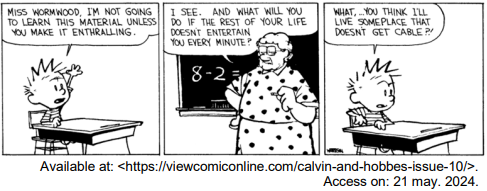Text 1
The concept of language as discourse leads to a perspective of
language teaching as a process of teaching not only pre-existent
meanings, but also a process of teaching ways in which we can
create new meanings, position ourselves and construct our
identities. In other words, when language is defined as
discourse, teaching a foreign language becomes teaching new
ways of reinventing and representing oneself and of perceiving
(and constructing) the world. Language as discourse implies an
understanding of our language practices as practices of
constructing and assigning meanings to the world, to what
happens in the world, to what we see and what we don't see in
reality. A change in discourse practice therefore leads to a
reconfiguration of our identity and the way we read the world (cf.:
GEE, 1986). This is to say that, when learning a new language
we learn new meanings, new (des)identifications (HALL, 2005)
and new ways to understand ourselves and the "wor(l)d"
(FREIRE; MACEDO, 1987).
JORDÃO C. M, FOGAÇA F. C. Critical literacy in the English language
classroom. DELTA v. 28, n. 1, p. 69-84, 2012. Available at:https://www.scielo.br/j/delta/a/hsrcx4LBJZmLpsBjNKsVbvt#
. Access on:
21 may. 2024. [Adapted].
